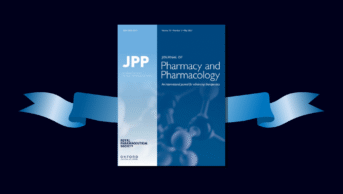NHS England is renewing its drive to stop the overuse of powerful medication in people with learning disabilities and autism.
The government-backed campaign is asking healthcare professionals to sign a to a pledge to review and seek alternatives to psychotropic drug prescriptions.
Supported by the Royal Pharmaceutical Society, the Stopping Overmedication of People with a Learning Disability (STOMP) campaign aims to cut long-term use of the drugs, which can lead to significant weight gain, organ failure and even death.
It is thought that around 35,000 adults with a learning disability, autism or both are being prescribed an antipsychotic, an antidepressant or a combination of the drugs, without appropriate clinical justification
The first launch of the pledge in May 2017 led to 60 healthcare providers signing up to take action.
NHS England wants remaining clinical commissioning groups, NHS trusts and independent providers to get on board.
John Trevains, NHS England’s head of mental health and learning disability nursing, said healthcare providers had a very important role in stopping the overprescribing of these powerful drugs.
“It is really important that people only receive psychotropic medication when all other approaches have been considered,” he said.
“Everyone, including the person with a learning disability, autism or both, and their families, needs to be involved in the decision-making and clear about why such medication is needed.”
Dave Gerrard, an advanced pharmacist practitioner at Northumberland, Tyne and Wear NHS Foundation Trust and joint pharmacist lead for the STOMP programme at NHS England, said as a pharmacist it was difficult to recommend ongoing use of powerful medication when there is little evidence to prove its worth.
“Medication has its place but needs to be used at the lowest dose for the shortest time before being challenged and reviewed. This, to me, is the essence of STOMP and something I believe passionately about.”


